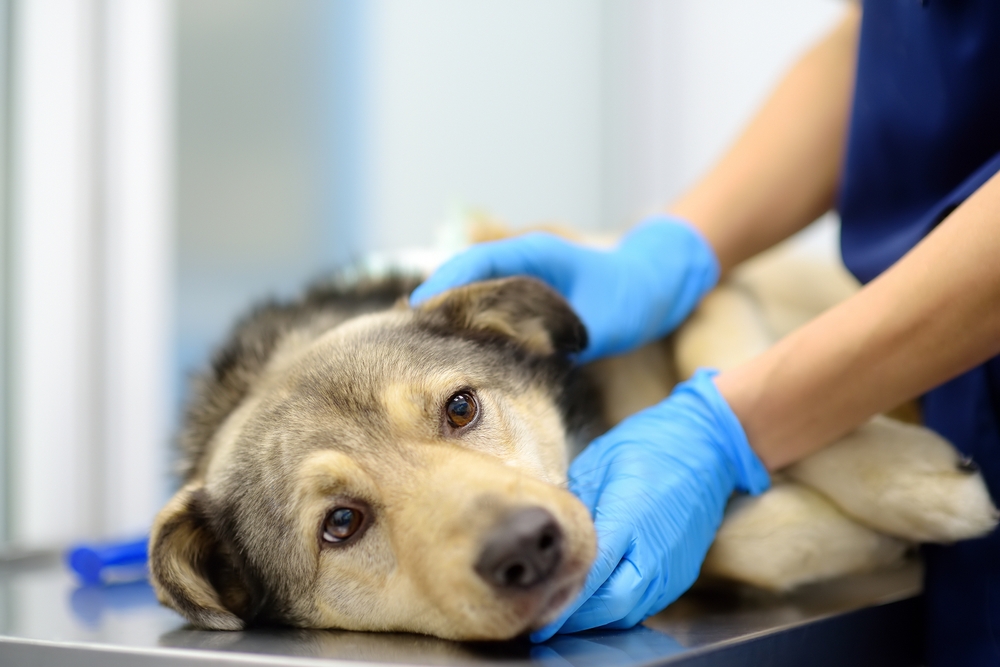
When your pet has an emergency, it is easy to feel overwhelmed. Your heart races. You may think about all the things that could go wrong. But it is okay to feel scared; it is a tough situation.
Take a deep breath. Remember, with a bit of knowledge, you can make a difference. You need to stay calm and act quickly.
Recognize the Signs of an Emergency
Knowing when your furry companion is in trouble can be tricky. You might notice changes in their behavior or mood. Maybe they are not eating, or they seem more tired than usual. Trust those feelings; they matter and could help save your pet.
Stay Calm
It is okay to feel scared. Panic can make things worse, though. Take a deep breath. If you think your pet is scared, too, it is true; they can pick up on our stress.
Stay calm. Talk softly to your pet. Remember, you can control how you respond. If someone is nearby, shout for help.
Grab your phone, keys, and pet carrier. You might feel rushed, but moving too fast can lead to mistakes. Take purposeful steps. Focus on what matters most right now.
Use Basic First Aid Immediately
Time is your biggest enemy in emergencies. Before heading to the vet, take these actions:
- Choking — Gently open your pet’s mouth. Use tweezers to remove visible objects. Do not push debris deeper.
- Bleeding — Apply pressure with a clean cloth. Elevate the wound if possible.
- Burns — Flush the area with cool water for 5 minutes. Avoid ice.
- Poisoning — Note what your pet ate. Save packaging. Do not induce vomiting unless a vet instructs you.
These steps buy time. They are not substitutes for professional care.
Know How to Handle Common Injuries
Dealing with injuries can be stressful, especially when it is your loyal animal companion. You might feel scared and not know what to do. It is tough to handle cuts or broken bones in the moment. Just remember, staying calm helps a lot.
If your pet gets sick from something they ate, it is natural to panic. You may think about all the things that could go wrong. Keep the ASPCA Animal Poison Control number (888-426-4435) saved in your phone. Acting quickly is important, but staying calm also matters a lot.
When to Call the Vet (and What to Say)
Call the clinic while driving there. Explain the situation briefly: “My dog vomited three times in an hour.” “My cat is struggling to breathe.” Answer questions clearly. Follow instructions. If the vet says, “Come now,” do not wait. Keep a backup emergency vet number in case your regular clinic is closed.
Prepare a Pet First Aid Kit Today
Do not wait for disaster to strike. Assemble a kit with:
- Gauze pads, adhesive tape, and antiseptic wipes
- A digital thermometer (normal temp for pets is 101–102.5°F)
- Tweezers, scissors, and a muzzle (even friendly pets bite when scared)
- Your vet’s contact info and vaccination records
Store it where everyone knows to look. Replace expired items yearly.
Pets rely on you entirely. Today’s choices shape their tomorrow, so always be prepared for emergencies.
For more on emergency pet care, visit Woodstock Veterinary Clinic at our Woodstock, New Brunswick, office. Call (506) 328-8248 to schedule an appointment today.
https://www.avma.org/resources-tools/pet-owners/emergency-care
https://www.cdc.gov/healthy-pets/emergency-preparedness/index.html









